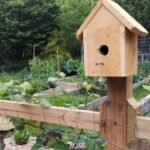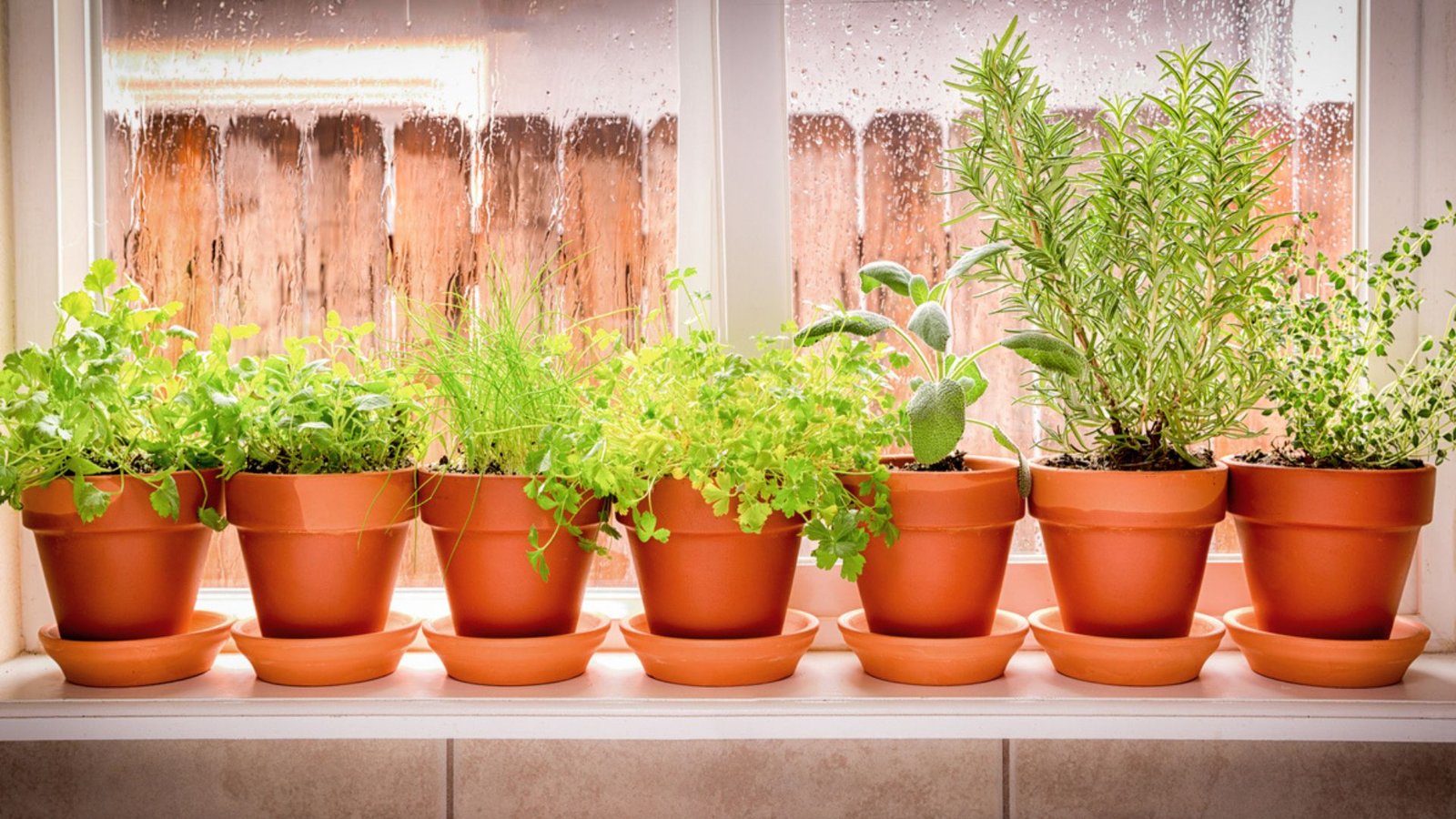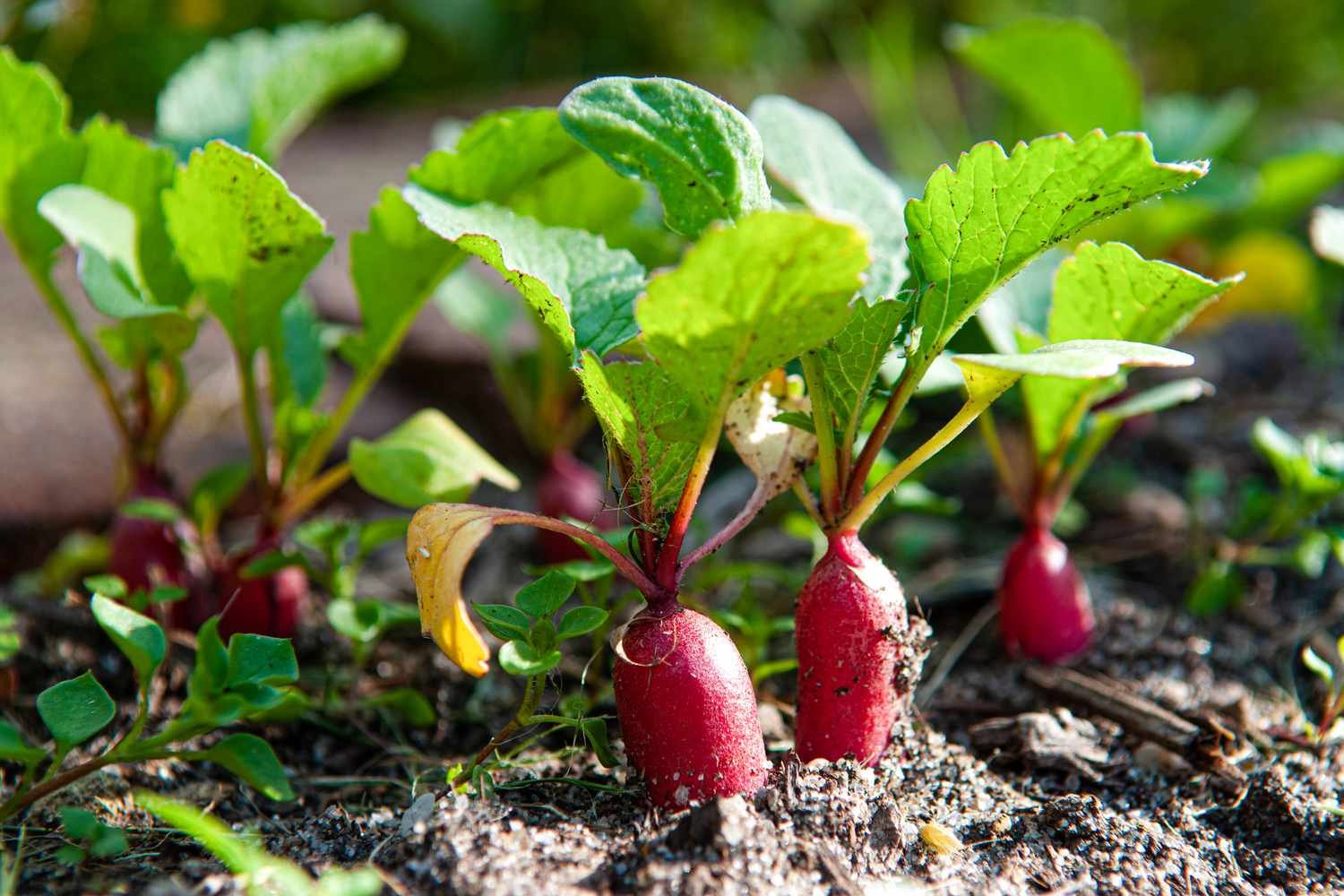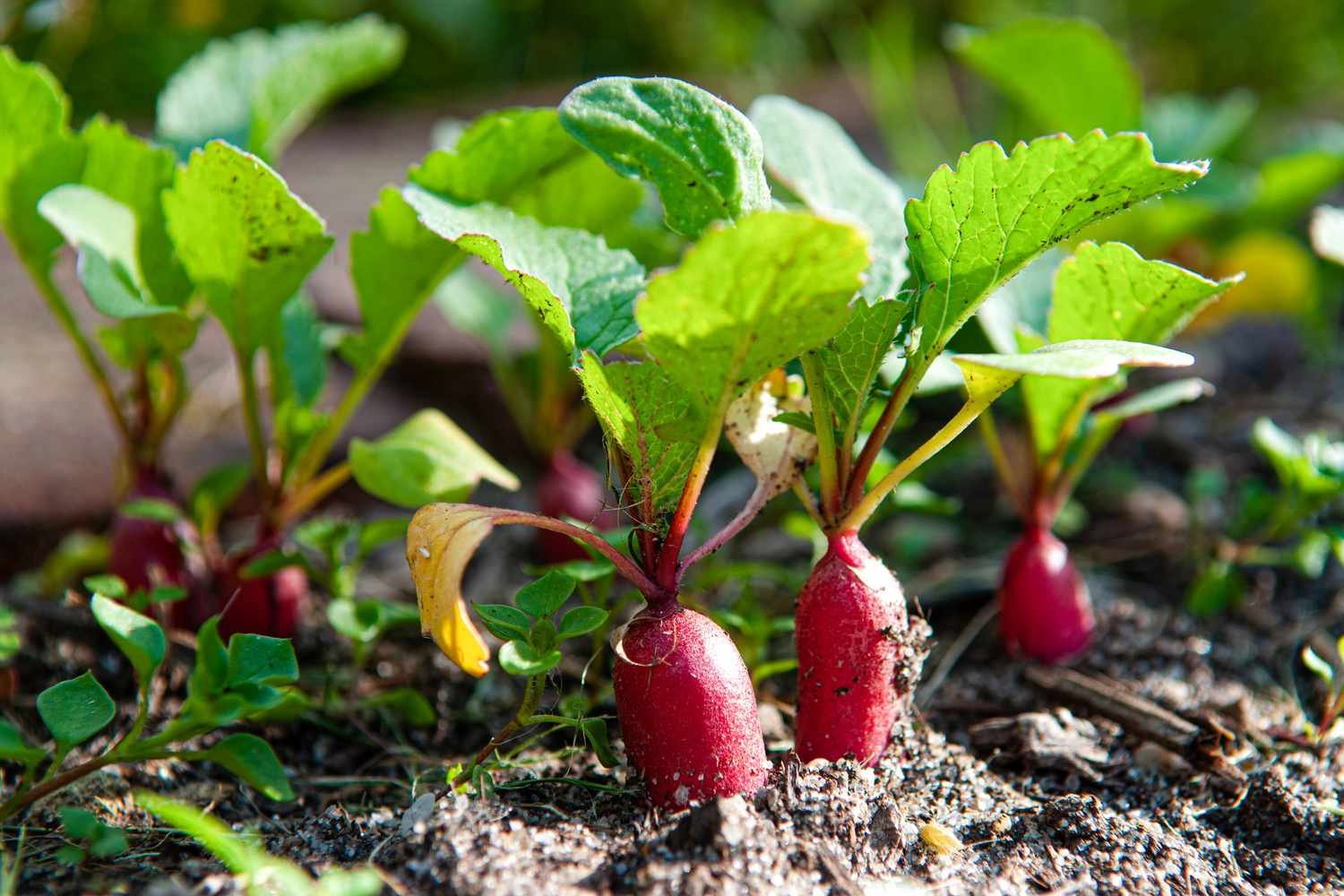Growing organic herbs at home is a delightful way to enhance your cooking, enjoy fresh aromas, and add a touch of greenery to your space. Whether you have a large garden or just a windowsill, you can successfully cultivate a variety of herbs organically. Let’s explore how to get started.

Planning Your Herb Garden
Begin by deciding which herbs you want to grow. Consider your cooking preferences and the climate in your area. Popular choices include basil, rosemary, mint, parsley, and thyme. Choose a sunny spot, as most herbs require at least 6 hours of sunlight daily. If space is limited, consider using containers or vertical gardens.
Preparing the Soil
For an organic herb garden, healthy soil is essential. Use organic potting mix for containers or amend your garden soil with organic compost. Ensure good drainage to prevent waterlogging, as herbs generally prefer well-drained soil. Testing the soil pH is also helpful; most herbs thrive in a slightly acidic to neutral pH (6.0-7.0).
Choosing and Planting Your Herbs
Opt for organic seeds or seedlings to maintain an organic garden. Plant seeds according to the instructions on the packet, paying attention to depth and spacing. If using seedlings, gently remove them from their containers and plant them at the same depth they were growing before. Water the herbs thoroughly after planting.
Caring for Your Herbs
Consistent care will help your herbs thrive. Water them regularly, keeping the soil moist but not waterlogged. Mulch around your herbs to retain moisture and suppress weeds. Fertilize with organic options like compost tea or fish emulsion. Pinch back the tips of your herbs to encourage bushy growth and prevent them from flowering prematurely.
Managing Pests and Diseases
Organic gardening means avoiding synthetic chemicals. To manage pests, use natural remedies like neem oil or insecticidal soap. Introduce beneficial insects like ladybugs to control aphids. Regularly inspect your herbs for signs of disease and remove any affected parts immediately to prevent spread.
Harvesting Your Herbs
Harvesting herbs at the right time ensures the best flavor and growth. Pick leaves in the morning after the dew has dried but before the sun is too hot. For herbs like basil, harvest by pinching off the top leaves to encourage more growth. Use sharp scissors or pruners to avoid damaging the plants.
Storing and Using Your Herbs
Use fresh herbs immediately for the best flavor, or store them properly to extend their shelf life. Dry herbs by hanging them upside down in a cool, dark place or using a dehydrator. Store dried herbs in airtight containers away from light and heat. You can also freeze herbs in ice cube trays with water or olive oil.
Conclusion
Growing organic herbs at home is a rewarding and sustainable way to enhance your meals and beautify your space. With a little planning, care, and attention, you can enjoy a continuous supply of fresh, aromatic herbs. Happy gardening!











